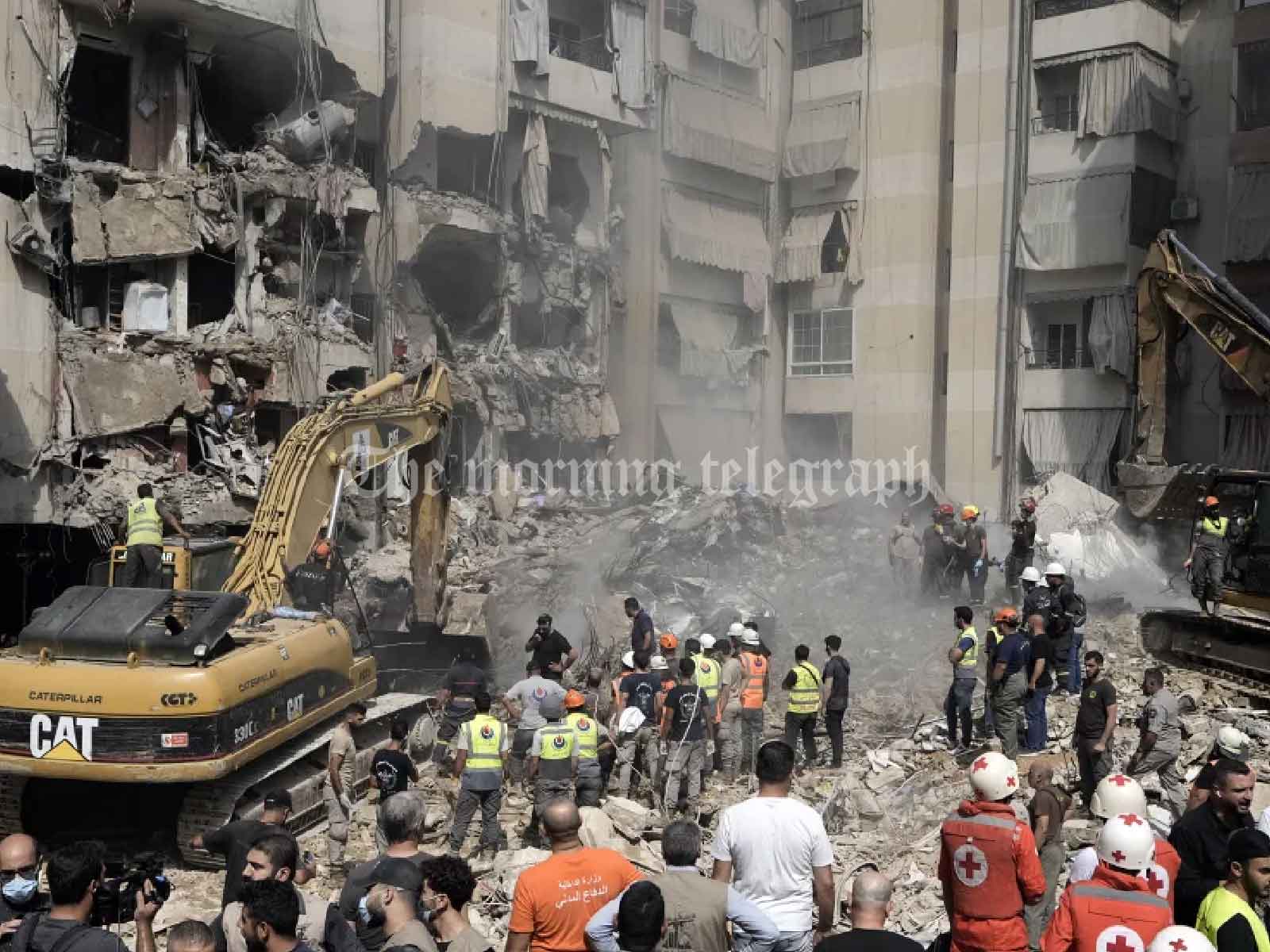
An Israeli airstrike recently devastated a nine-story apartment building in Beirut’s southern suburb, resulting in a tragic loss of life and a significant blow to Hezbollah’s military capabilities. At least 45 people were killed in the attack, including 16 Hezbollah militants, and the incident marks a critical moment for the Iran-backed group.
Hezbollah has faced unprecedented challenges, including internal breaches that have allowed Israeli forces to execute targeted strikes on the group’s leadership and operational infrastructure. Just days before the airstrike, Hezbollah experienced a catastrophic failure in its communications system, resulting in a series of deadly explosions that have left the group reeling.
In the aftermath, Lebanese officials, including Interior Minister Bassam Mawlawi, have expressed concerns about Israeli infiltration, pledging to intensify monitoring of foreign elements within the country. This situation has escalated fears that the ongoing confrontation could lead to a wider conflict in the region.
Hezbollah’s leadership has responded with threats of retaliation, declaring a “new chapter” in its confrontations with Israel, which they describe as a “battle without limits.” Recent attacks against Israeli military sites suggest a shift in Hezbollah’s approach, as they employ new medium-range missile technology in a bid to restore deterrence.
The evolving dynamics between Hezbollah and Israel have created new rules of engagement, complicating an already tense situation. The escalating violence risks drawing in additional regional players, pushing the Middle East closer to a catastrophic war.
As Hezbollah grapples with its weakened state, its supporters remain resolute, prepared to fight for their leadership and cause. The path ahead is fraught with uncertainty, with both sides poised for further confrontations that could have dire consequences for the entire region.




